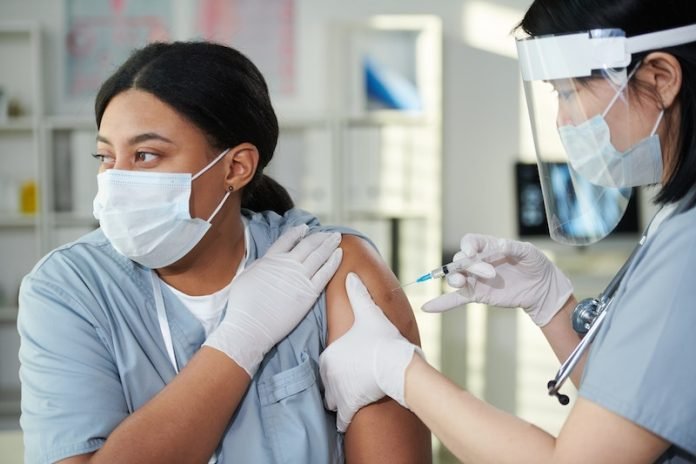
Approximately 80% of individuals will contract the human papillomavirus (HPV) at some point in their lives.
While many HPV infections go unnoticed, certain strains can cause DNA damage, leading to several types of cancer, including cervical, anal, and throat cancers.
Cervical cancer, the fourth leading cause of cancer deaths in women worldwide, primarily occurs in low and middle-income countries (LMICs). However, most cervical cancer cases can be prevented by vaccination.
The HPV vaccines have revolutionized the battle against this virus, demonstrating high effectiveness in preventing infections and subsequent cancers. As of 2021, however, only 13% of girls worldwide had been vaccinated.
While the original vaccination regimen suggested two or three doses for optimal protection, recent research shows a single dose is remarkably effective, particularly for LMICs where multi-dose vaccination programs present numerous challenges such as high costs, logistical complexity, and limited healthcare infrastructure.
Single Dose Effectiveness
In a recent study involving over 800 women in Fiji, the HPV vaccine remained highly effective against the detection of two cancer-causing HPV strains up to eight years post-vaccination.
The vaccine showed 81% effectiveness against strains HPV 16 and 18, which cause approximately 70% of all cervical cancer cases in Fiji and worldwide. The results were published in The Lancet Regional Western Pacific.
Given the logistical challenges of delivering vaccines to remote villages and communities, particularly in Pacific Island Countries and Papua New Guinea, a single-dose HPV vaccine can significantly help overcome these barriers and protect vulnerable populations.
This approach is supported by a recent trial in Kenyan women aged 15–20 years, showing similar efficacy (97.5%) between a single dose and two or three doses in preventing the detection of HPV types 16 and 18, 18 months after vaccination.
Years of Protection from One Dose
Studies have also shown that even in those previously exposed to HPV, a single dose significantly reduced the risk of developing pre-cancerous lesions.
This evidence underscores the potency of a single HPV vaccine dose in preventing the devastating consequences of HPV-related diseases.
The longest follow-up time assessing a single dose’s effectiveness against cervical dysplasia was 14 years post-vaccination, and 12 years for the detection of HPV in a US observational study.
Support for Single-Dose Vaccination Programs
The lower cost associated with a single-dose regimen allows for more accessible and affordable vaccination programs, particularly transformative in LMICs.
The financial burden on health care systems and individuals significantly decreases with reduced dose requirements.
Moreover, a single-dose schedule may allow more girls to be vaccinated and women protected, given the global HPV vaccine shortage projected until 2024.
The World Health Organization (WHO) updated their HPV vaccine recommendations last year, now permitting one or two doses for girls under 15 years old.
Australia and Ireland have adopted a single-dose strategy due to the strong evidence supporting its high effectiveness.
In summary, a single dose of the HPV vaccine, with its high efficacy in preventing HPV infections and related cancers, affordability, and logistical advantages, plays a crucial role in combating this lethal virus.
This aligns with the current WHO Position Statement and supports WHO’s call to eliminate cervical cancer as a public health matter.
If you care about cancer, please see recent studies about new way to increase the longevity of cancer survivors, and results showing new way to supercharge cancer-fighting T cells.
For more information about health, please see recent studies about how drinking milk affects risks of heart disease and cancer and results showing that vitamin D supplements could strongly reduce cancer death.
The study was published in The Lancet Regional Health—Western Pacific.
Follow us on Twitter for more articles about this topic.
Copyright © 2023 Knowridge Science Report. All rights reserved.



